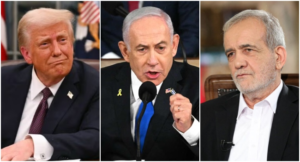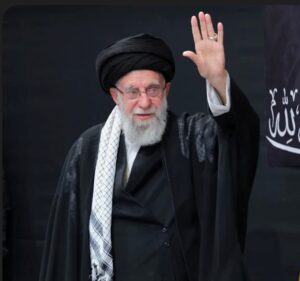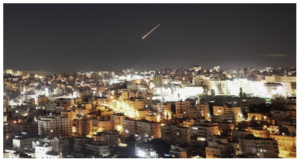
An African regional body involved in efforts to mediate over the war in Sudan says it has secured a commitment from warring parties to implement a ceasefire and to hold a political dialogue aimed at resolving the conflict.
There was no immediate comment from Sudan’s army or the paramilitary Rapid Support Forces (RSF), which have been locked since mid-April in a conflict that has devastated the capital Khartoum and triggered waves of ethnic killings in Darfur despite several diplomatic efforts to halt the fighting.
At talks on Saturday in Djibouti, the current chair of the Intergovernmental Authority on Development (IGAD), Sudan’s army chief Abdel Fattah al Burhan, agreed to a one-on-one meeting with RSF commander Mohamed Hamdan Dagalo, an IGAD statement said.
In a phone call Dagalo, widely known as Hemedti, also agreed to the ceasefire proposal and a meeting with Burhan, the statement said.
Burhan and Hemedti had “accepted the principle of meeting within 15 days in order to pave the way for a series of confidence-building measures between the two parties that lead to the launch of a political process”, said Alexis Mohammed, adviser to Djibouti’s president.
Earlier, in an address the Djibouti meeting, Burhan accused the RSF of “barbaric attacks” but said the army had not closed the door on finding a peaceful solution.
Hemedti, whose whereabouts are unknown, addressed the IGAD meeting remotely, blaming the outbreak of the war on loyalists of former president Omar al-Bashir who are powerful within the army. He called for reform of the army and the formation of a civilian government.
The war between the army and the RSF erupted over an internationally backed plan to merge the paramilitary force into the army and launch a transition towards elections.
The army and the RSF had shared power after Bashir was toppled during a popular uprising in 2019. Before they came to blows, they jointly staged a coup in 2021 that upended efforts to steer Sudan towards democracy.
On Friday, the United States said it had formally determined that both sides in the conflict had committed war crimes.
In response, the RSF issued a statement on Sunday denying that it had carried out ethnic cleansing in Darfur or was responsible for sexual violence. The army has also denied the charges against it.
Indirect talks between the army and the RSF brokered by Saudi Arabia and the United States that have stumbled several times faltered again last week as both sides pressed on with their military campaigns.








